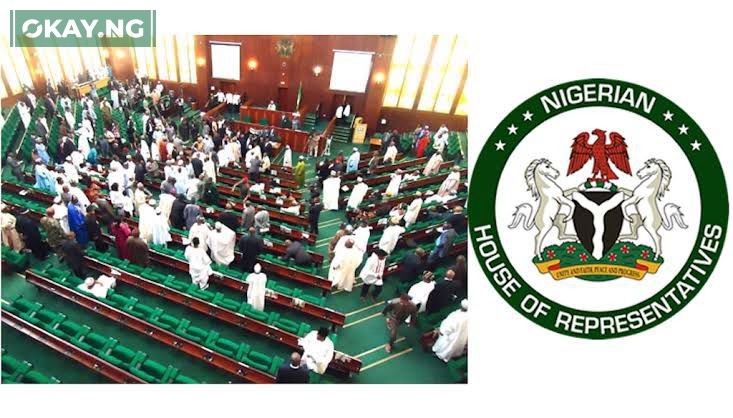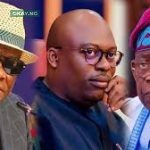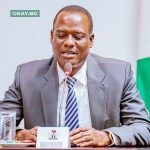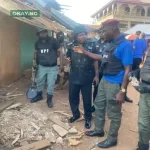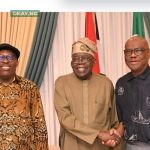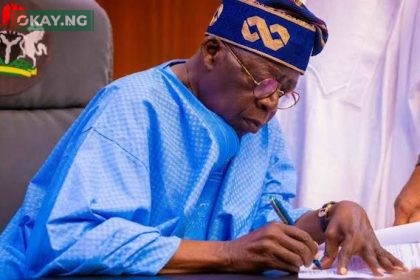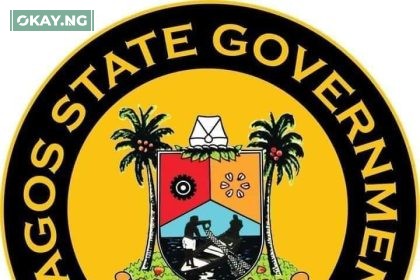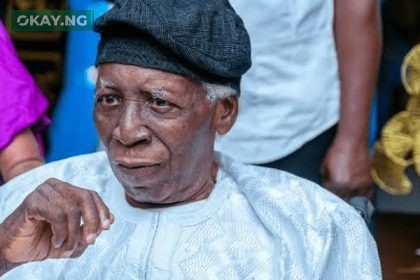The Nigerian House of Representatives has initiated an inquiry into the financial activities of numerous non-governmental organizations (NGOs) operating within the country. This investigation was prompted by assertions made by U.S. Congressman Scott Perry, who alleged that the United States Agency for International Development (USAID) was involved in funding terrorist activities in Nigeria.
The House of Representatives, through a letter dated March 10th and distributed to various NGOs, announced the formation of a special committee tasked with “examining the allegations against USAID.” Congressman Perry’s claims, made in February, suggested that USAID directed funds to terrorist organizations, including Boko Haram, operating in several nations, Nigeria among them. These claims have been widely disputed by experts, and are seen by many as part of a broader political movement within the U.S. questioning the value of international aid.
Boko Haram has been engaged in a violent campaign for the establishment of an Islamic state in Nigeria for approximately 15 years, resulting in a significant loss of life and widespread displacement. The parliamentary committee has requested that the targeted NGOs provide extensive financial documentation, including ten years of bank statements from 2015 to 2024, annual financial reports, and comprehensive details of all NGO officials. Information regarding income, expenditure, and external auditors was also requested.
Auwal Ibrahim Musa, Executive Director of the Civil Society Legislative Advocacy Centre (CISLAC) and head of Transparency International in Nigeria, whose organization received the committee’s letter on March 14th, expressed reservations about the committee’s authority to conduct such an investigation. He suggested the committee redirect their focus to statutory bodies that fall within their constitutional jurisdiction. The organizations are expected to provide the documents by the end of the week.
The accusations made by Congressman Perry received considerable media attention in Nigeria and fueled anti-American sentiment, particularly in the northern regions where the Boko Haram insurgency has caused a severe humanitarian crisis. Richard Mills, the U.S. Ambassador to Nigeria, addressed the Nigerian Governors Forum (NGF) in February, stating that there is no evidence to support the claims linking USAID to terrorism financing.The U.S. Embassy in Nigeria has stated that USAID funds programs aimed at “reducing conflict and instability and promoting stability” since 2023.
The United States designated Boko Haram as a terrorist organization in 2013, enabling the freezing of assets, prevention of fundraising, prosecution of members, and travel restrictions.
Ambassador Mills further emphasized that “policies and procedures are in place to ensure that USAID funding, or any other U.S. government funding, is not diverted to terrorist groups like Boko Haram.”


